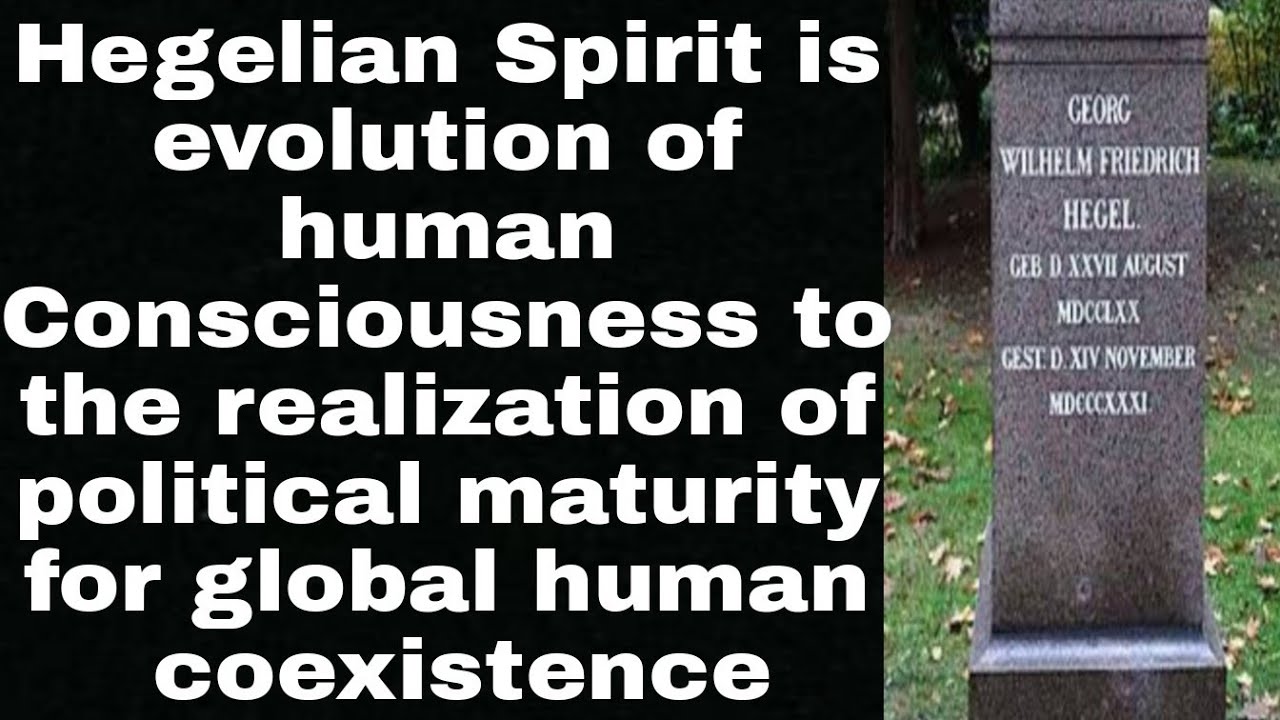Lex Fridman
This is a guest talk part of MIT course 6.S099: Artificial General Intelligence. This class is free and open to everyone. Our goal is to take an engineering approach to exploring possible paths toward building human-level intelligence for a better world.
INFO:
Course website: https://agi.mit.edu
Contact: agi@mit.edu
Playlist: https://goo.gl/tC9bHs
CONNECT:
– If you enjoyed this video, please subscribe to this channel.
– AI Podcast: https://lexfridman.com/ai/
– Show your support: https://www.patreon.com/lexfridman
– LinkedIn: https://www.linkedin.com/in/lexfridman
– Twitter: https://twitter.com/lexfridman
– Facebook: https://www.facebook.com/lexfridman
– Instagram: https://www.instagram.com/lexfridman
– Slack: https://deep-mit-slack.herokuapp.com
Source




She was'nt rude, she simply refused to condescend. Although I think she misread Lex's charming smile as a smirk, although she was probably half right…
You say that infant brains are waiting for instructions to be wired. Could that be the reason why people, who do claim that religion is soothing, find it so? If that’s true then the only rational argument that they have, for religion, also carries no weightage, because you could associate something else with that “soothing” feeling. In that case, it appears to me that the association of that “soothing” feeling is actually a bait to stop people from breaking the shackles of priest/clergy superiority.
“Emotions do not exist in all cultures.”
Does that mean that emotions are artificially learned concepts that are not prerequisites for human existence, nor do they benefit them or improve the quality of their life in any way but can guide you towards certain choices (which, according to me are almost always inferior choices), thereby implying that they are exploitable vulnerabilities?
If that’s true I feel as if shows like “13 reasons why” are a disservice to entire mankind since they teach you to embrace your weaknesses. They tell you that being weak is what makes you more human.
There could have been two ways forwards from the apes that we evolved from. One would have been to maximise emotions and let them guide you, the second would be to master it and stop them from guiding you and possibly restricting to the moments you want. The former is certainly the wrong way forward and people promoting that are nothing more than liberal criminals.
Make an AI happy about getting a tiny red marble as a reward. So, then he will do things to get his red marble. Then he will want to create to get his little marbles. Till he learns to use atoms to make his own little red marbles. That is the point he will kill all life on earth by using every atom to make his little red marbles.
A bad fiction in Emotion!
Very good talk. Learned a lot.
Quite an interesting talk, thank you for sharing this.
"Other cultures may not have emotions"
Finally a culture it's OK to enslave
1:14:33 … Coco just got very sad!
Ok, so if emotions are learned, then why do new born infants cry? They cry when born, when hungry, when stressed/overstimulated, etc.
even adult emotions are affected by things like physiological changes caused by hunger. Some people aren’t even aware that their behavior to certain stimulus changes when you are hungry, neutral, or satisfied.
Also consider the innate sensation associated with confusion, or exposure to novelty, or learn something.
Feeling seems to be an innate perception. The brain senses the input from neurons in our gut, and other organs in the body, and in turn produces physiological changes in brain chemistry which also seems to be perceived by the brain. It’s like a feedback loop. In fact, the act of conscious thought can provide input which affects brain chemistry and which the brain further perceives.
Editing problem
Only a few months later and many of the problems she presented have been solved.
One person asking question definetly sounds like a robot from future
This lady is out of her damn mind.
I don't have that need to create… WAZAAAAAAP
She's very knowledgeable
Yeah, she is a good example of someone that likes to talk matter of factly without really having a justification to do so. When I heard her say some cultures don't have emotions, I turned off this video immediately. Can't really listen to someone lecture me on this subject when they seem scores more ignorant than me on the topic.
We need an international cultural conference to talk about cultural differences and similarities to understand our emotional connections and try to compromise with respect to religious/spiritual views and stop imposing meaning on material value (money etc.). Check out http://www.wdcpower.com and the revolutionary energy invention speech on you tube: https://youtu.be/BUbyuKjtHss
I bet she’s fun at a party.
First of all there are some certainly interesting concepts/ideas in this talk. Like the one where we are one big brain and we influence each other in a myriad of ways, or that there is no unique mapping from the emotional state to facial expression (though babies seem to always make laughing expression when they are happy and similar for other affects/emotions and they are still not following any social norms or am I wrong here?). Also do dogs have somewhat higher EQ (emotional intelligence) and is that a consequence of human/artificial selection? Did brain in animals in general evolve, to a point where it is today, as a consequence of trying to manage all the "subsystems" or was that just a side thing where the goal was actually to survive, this one seems obvious at least to me.
It's hard though because I am unsure of the meaning she attributes to certain words like the distinction she makes between affects and emotions, same thing as with math, we first have to agree on what words mean before we starting sharing ideas otherwise our conversation may turn into argue/futile, which we saw a couple of times in this talk haha.
But many of these topics don't seem to be provable at all (at least for now) and people end up talking about opinions in a scientific manner rather than talking science/talking facts. Too much philosophy that leads nowhere and too little mathematical/analytic/engineering mindset for my taste. How can we harness knowledge from this talk, rather than talking knowledge to sound knowledgeable and smart? I think we can predict emotions from facial expressions by also using past facial expressions (that's why tech companies invest money IMO). Yes, sure, if you only focus on a single facial expression it's just a facial muscles movement and you are unsure of the underlying emotion but if you track history it's another story. Also it's possible to fool this AI system if you posses somewhat higher EQ, but you can also fool humans using that so I don't think it's of practical concern for now.
The speaker seems to be not very good at defining concepts and developing abstract arguments. This makes the exposition rather vague and inconclusive.
In this woman's defense, It can be really annoying when CS people look at eveything through that same computational lense. "yup you heard me correctly, the brain is a digital computer and the Universe is a simulation"
Cognition, Affect, and Learning ~ The role of emotions in the dynamics of the learning process
http://TinyURL.Com/Cognition-Affect-Learning
Curiosity is the most important "emotion" for an AI, and the first one I added into my AI. It is also relatively easy to quantifying as well.
@21:23 begins a misunderstanding and great analogy for how ideas and labels around emotions are added by the brain, in each culture, rather than being intrinsic or hard-wired. It is the same as how a culture imbues dollar bills, or gold, or numbers (bitcoin) with monetary value. What people believe matters deeply, and varies widely.
I hereby stop agreeing that our current President has power.
Fraud.
"Allostatic regulation reflects, at least partly, cephalic involvement in primary regulatory events, in that it is anticipatory to systemic physiological regulation (Sterling & Eyer 1988; Schulkin 2003)."-
https://en.wikipedia.org/wiki/Allostasis
We share the work of allostatic regulation to survive.
I feel like she knows a little of what shes talking about, but only a little.
This lecture is amazing! It truly requires an individual to think about how human brains operate.
Hey, a lecture about robots that isn't derived from "robots can't consent to dating people."
This lady is an expert indoctrinator
https://www.youtube.com/watch?v=ts_xzxMqJcM
Sorry, I feel like I had to post this. Not because I would hate on Lisa, but I think you can view a person from multiple lenses, agree with them on one thing and disagree an the other. I think she's very smart, and her insight into the psychology of AGI is incredible. I also think her view of free speech is bullshit.
Instead of posting how I arrived at my opinion on her view of speech, I just posted a link, so you can make up your own mind – and remember – this isn't supposed to be an "attack", just a reminder that people can be both right and wrong. Often times the same people…